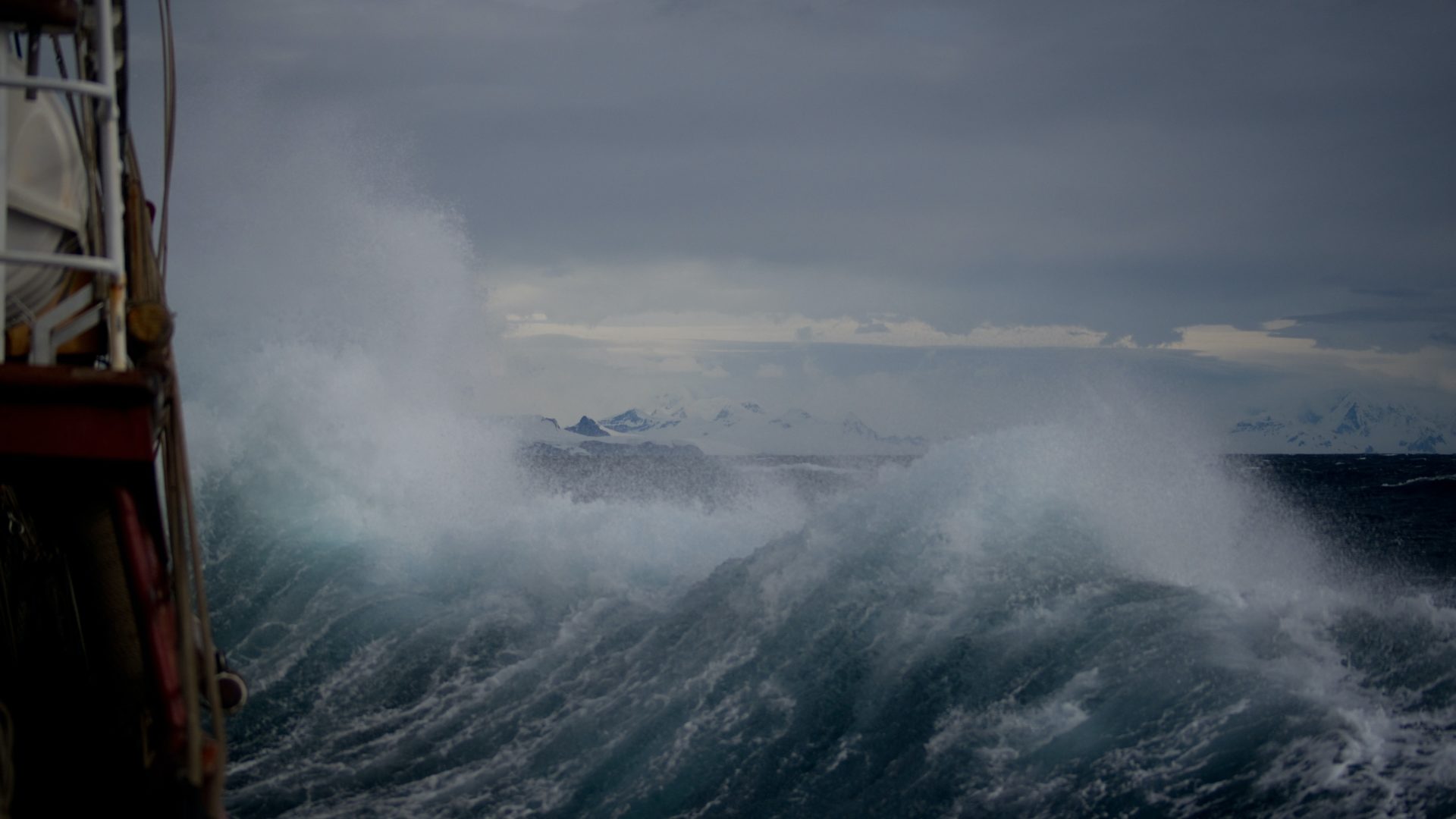SARA project – a GNSS-powered innovation of SAR services

Finding boats, let alone people, in the vast areas of the sea can be a very challenging task even for the best-trained search and rescue (SAR) teams. With the development of technology, drones started joining the ranks of SAR service groups and have already proven their usefulness on multiple occasions. Unfortunately, along with their advantages, UAV’s shortcomings also quickly became evident – primarily drones’ short operational range.
To tackle this exact problem, Search And Rescue Aid (SARA) project was launched. As part of the initiative, a new solution for SAR operations has been developed which is based on the deployment of semi-autonomous tethered drones. In this way, SAR teams can expand their observation horizon while not being limited to short flight duration.
Even though the cable linking the drone and the vessel was custom developed for the mission, it naturally comes with certain limitations. In particular, for reliable operation, the cable should not be overstretched. For the safety of the equipment, Galileo is being used to ensure the most optimal positioning of the drone in relation to the boat.
“Search and rescue is a core service of the Galileo programme. By taking advantage of Galileo’s accuracy to assist in rescue operations and help save lives, innovative solutions like those offered by SARA project are at the heart of the GSA’s mission of linking space to user needs,” commented GSA Head of Market Development Fiammetta Diani.
The drones in use can also carry two different types of payloads – high-resolution cameras and thermal infrared night vision equipment. In this way, rescuers have an opportunity to conduct their operations not only during the day but also after the sunset. The night-oriented payload allows detecting people in the range of 700 metres which goes up to 12 kilometres when it comes to finding boats.
What is even more promising, is that the developed technology has significant potential usefulness in numerous other areas outside of SAR. Considering that drones can be attached to a vast array of moving vehicles, the solution can be adjusted for different applications like border control or surveillance. Such optimism is supported by a prominent interest in the technology of various parties such as Italy’s National Institute for Oceanography and Applied Geophysics (OGS).